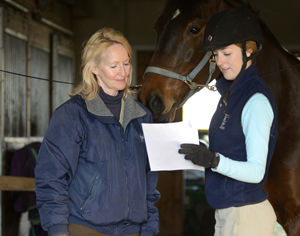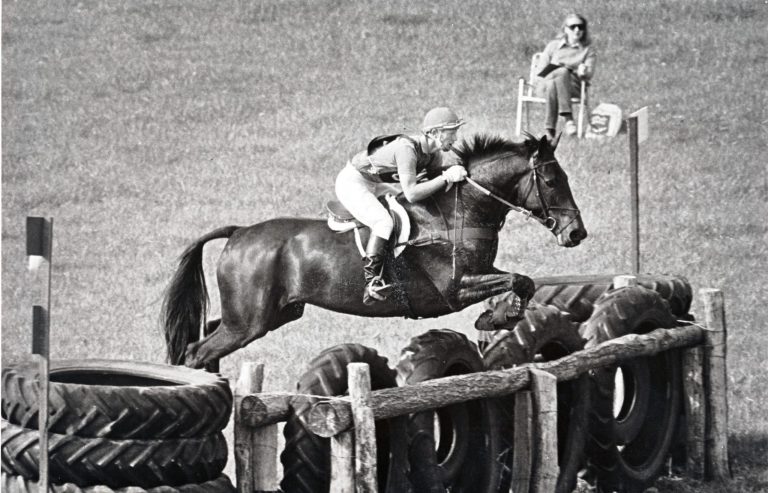Instructions for Using These Horse Lease Agreements

1. GENERAL. These forms were prepared to be comprehensive but cannot address every unique circumstance or situation. In addition, these forms are not state law specific but are general with comprehensive language to assist the parties to the transaction in memorializing their agreement and setting forth their rights and obligations.
THESE FORMS ARE NOT A SUBSTITUTE FOR LEGAL ADVICE. YOU MAY WANT TO CONSULT WITH AN ATTORNEY REGARDING ANY TRANSACTION TO DETERMINE WHETHER THERE ARE ANY LAWS UNIQUE TO YOUR PARTICUALT STATE OR JURISDICTION.
2. COMPLETING THE LEASE AGREEMENT. When preparing the form, make sure that the following information is complete and accurate:
- Name and address of the mare owner and stallion owner. If any one of the parties is a legal entity such as an LLC or corporation, make sure that the correct name is included as a party and the signature of the entity is in proper format.
- Properly document the registration number of the mare and stallion and collect the breed registration paperwork.
- Make sure that the rental fees are clear and collected on the same day each month.
- Discuss and include late fees for missed rental payments.
- Discuss and include termination provisions. You want the right to cancel the Agreement and recover possession of the horse should things not work out.
- Discuss and document who has possession of the horse and during that possession, whether part time or full time, who has the responsibility to pay board and maintenance expenses. Generally, this will be the Lessee.
- If a part time lease, clearly set forth the days of use for the horse.
- If a broodmare agreement, discuss who has ownership of any foals born during the lease term and the rights and obligations of the parties.
- Make sure that you discuss and include a security deposit.
- Make sure that the parties include their correct and most up to date addresses for purposes of giving notice.
- Always ensure that you take the opportunity to ask questions regarding the horse and permissible use and activities. It is always best to put everything in writing in your agreement. There is a risk that anything not in the written agreement may not be enforceable.
- Make sure to include a provision of what law governs the contract and the parties’ rights. Typically, you will want the law of the state in which the parties reside to govern the agreement. Also, you will want to include a provision that states that the parties are subject to a certain jurisdiction in the event of a dispute, lawsuit or arbitration over the agreement. Generally, insert the name of the State and County where the Stallion is located.
- In the event of a default, include a default interest rate and late fees for missed payments.
- The Agreement includes a right to recover attorneys’ fees from the party who is in breach.
DOWNLOAD HORSE LEASE AGREEMENTS (courtesy of www.equine.com):
Read more about the benefits of leasing horses in the February 2012 issue of Practical Horseman magazine.










